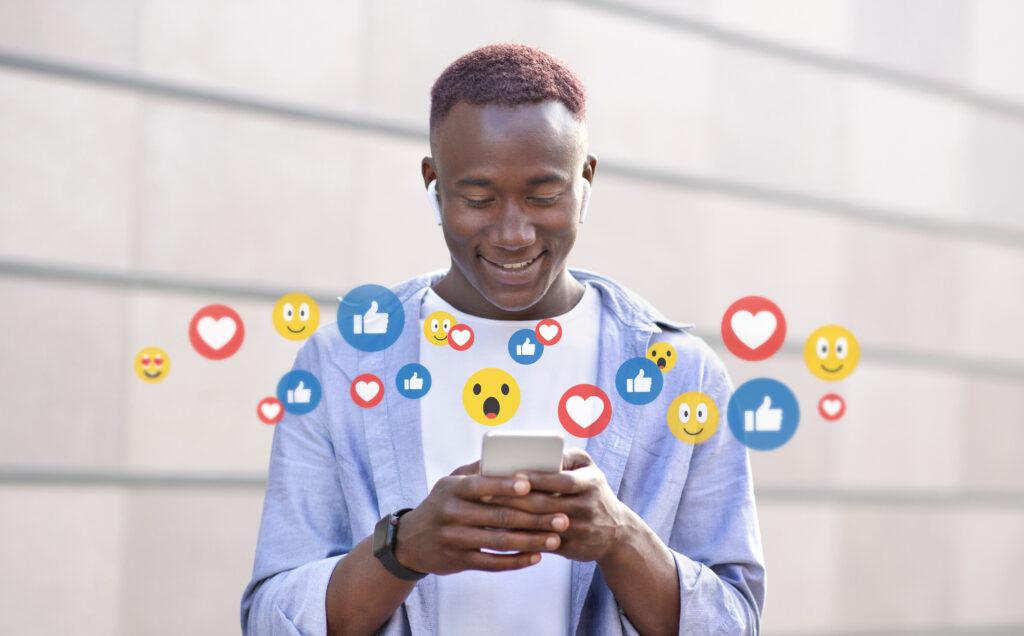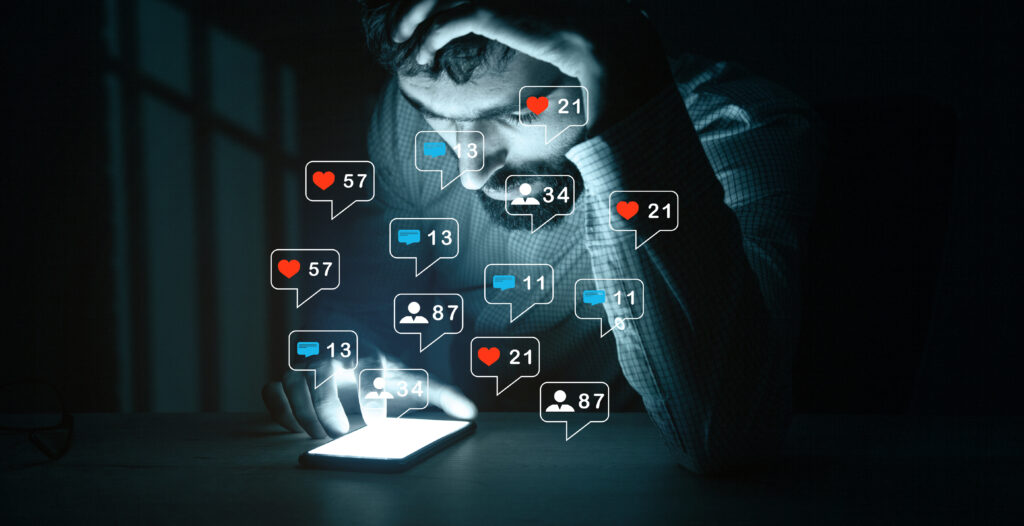
As someone who rarely uses social media, I’m interested in this topic on a personal level, as well as trying to discover what’s happening inside a person’s brain when they engage in using social media.
For me the cons outweigh the pros, but for others, this isn’t the case. This can be attributed to a variety of factors, including personality traits, social needs, and personal values.
Factors Influencing Frequent Posting
- Need for Validation: Some people may use social media as a way to seek validation and attention from others.Frequent posting can be a way to gain likes, comments, and shares, which can boost self-esteem.
- Social Connection: Social media can be a powerful tool for building and maintaining social connections. For individuals who may feel lonely or isolated, frequent posting can be a way to stay connected with friends and family.
- Self-Expression: Social media platforms provide a space for people to express themselves creatively and share their interests and passions with the world. Frequent posting can be a way to showcase one’s personality and identity.
- Fear of Missing Out (FOMO): The constant stream of updates on social media can create a sense of FOMO.Individuals may feel the need to post frequently to avoid missing out on social events or opportunities.
Factors Influencing Infrequent Posting
- Privacy Concerns: Some people may be concerned about privacy and the potential risks associated with sharing personal information online. This can lead to infrequent or no posting on social media.
- Digital Detox: Some individuals may choose to take a break from social media to improve their mental health and well-being. This is often referred to as a “digital detox.”
- Lack of Interest: Some people may simply not find social media to be interesting or engaging. They may prefer to spend their time on other activities.
- Negative Experiences: Past negative experiences on social media, such as cyberbullying or online harassment, can lead to a reluctance to use the platforms.
Some Case Studies:
- The Influencer: A popular influencer who posts multiple times a day may use social media as a platform to build their brand, promote their products, and connect with their audience.
- The Private Person: Someone who rarely posts on social media may value privacy and prefer to keep their personal life offline.
- The Digital Minimalist: An individual who has consciously reduced their use of social media may believe that it is important to prioritize real-world connections and experiences over digital ones.
So what’s going on in your brain when you use social media?

When we use social media, our brains release dopamine, a neurotransmitter associated with pleasure and reward. This is why we often feel good when we receive likes, comments, or shares on our posts.
Additionally, social media can activate areas of the brain responsible for:
- Social cognition: Understanding and interpreting social cues and interactions.
- Emotional processing: Recognizing and responding to emotions.
- Decision-making: Making choices based on information and rewards.
While social media can be a positive tool for connection and communication, excessive use can have negative consequences, such as addiction, sleep disturbances, and anxiety. Thus, it’s important to use social media mindfully and in moderation.